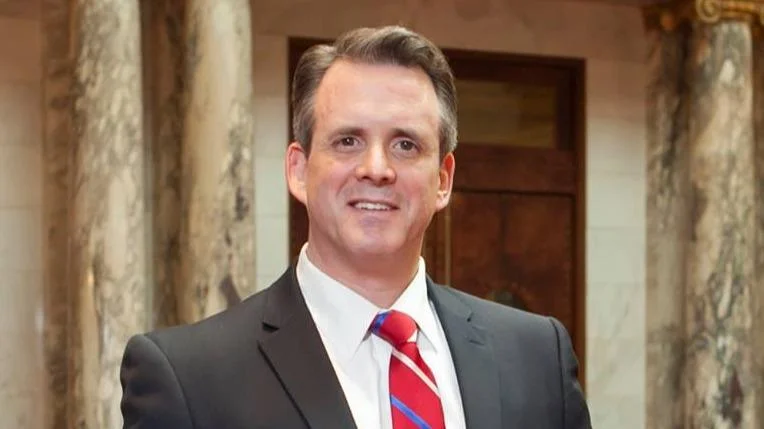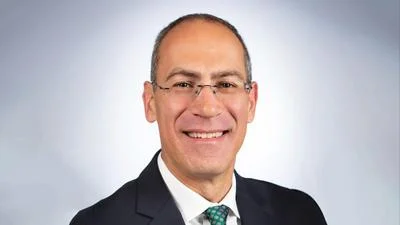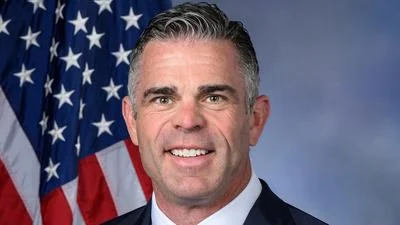David Steffen, Wisconsin State Representative for 4th District | www.facebook.com
David Steffen, Wisconsin State Representative for 4th District | www.facebook.com
According to the Wisconsin State Legislature's official website, the bill was described as follows: "a sustainable aviation fuel production tax credit. (FE)".
The following is our breakdown, based on the actual bill text, and may include interpretation to clarify its provisions.
In essence, this bill establishes a tax credit for the production of sustainable aviation fuel in Wisconsin, starting from the 2028 tax year. The credit is set at $1.50 per gallon of sustainable aviation fuel produced. To qualify as "sustainable," at least 90% of the fuel must be derived from synthetic, renewable, and nonpetroleum sources, such as energy crops, which must be grown within the United States for the credit to apply. Partnerships, limited liability companies, and tax-option corporations cannot claim the credit directly but can distribute the credit among their partners, members, or shareholders based on their ownership stakes.
The bill was co-authored by Senator Romaine Robert Quinn (Republican-25th District), Representative Clinton M. Anderson (Democrat-45th District), Representative Chanz J. Green (Republican-74th District), Representative Brent Jacobson (Republican-87th District), Representative Rob Kreibich (Republican-28th District). It was co-sponsored by Senator Brad Pfaff (Democrat-32nd District), Senator Mark Spreitzer (Democrat-15th District), and Senator Patrick Testin (Republican-24th District), along eight other co-sponsors.
David Steffen has co-authored or authored another 48 bills since the beginning of the 2025 session, with none of them being enacted.
Steffen graduated from the University of Wisconsin-Madison in 1995 with a BA.
Steffen, a Republican, was elected to the Wisconsin State Assembly in 2015 to represent the state's 4th Assembly district, replacing previous state representative Chad Weininger.
In Wisconsin, the legislative process starts when a senator, constituent, group, or agency proposes an idea for a bill. After drafting, the bill is introduced, numbered, and referred to a committee for review and public input. If approved, it moves through three readings and votes in both the Senate and Assembly. Once both chambers pass the same version, the bill goes to the governor, who can sign it, veto it, or let it become law without a signature. Only a small share of bills introduced each session ultimately become law. You can learn more about the Wisconsin legislative process here.
| Bill Number | Date Introduced | Short Description |
|---|---|---|
| AB222 | 04/23/2025 | A sustainable aviation fuel production tax credit. (FE) |
| AB208 | 04/23/2025 | An income and franchise tax exemption for broadband expansion grants and for federal high-cost program funding for broadband expansion. (FE) |
| AB132 | 03/13/2025 | Creating a board to organize, promote, and host a Wisconsin nuclear power summit. (FE) |
| AB108 | 03/11/2025 | A nuclear power siting study and time limits for taking final action on certain certificate of public convenience and necessity applications. (FE) |
| AB67 | 02/24/2025 | Venue for actions in which there is a governmental party |
| AB46 | 02/17/2025 | Flags flown at state and local government buildings and eliminating a related administrative rule |
| AB35 | 02/17/2025 | Withdrawal of candidacy for certain offices filled at the general election and providing a penalty. (FE) |






 Alerts Sign-up
Alerts Sign-up